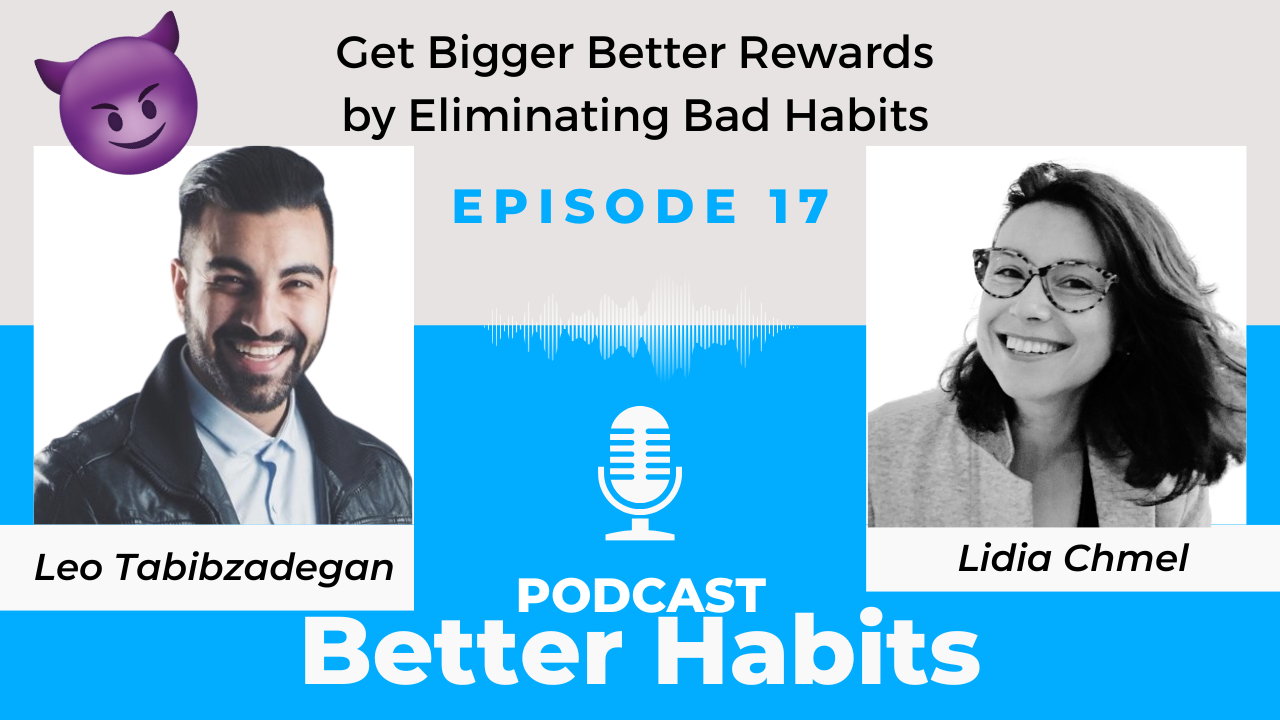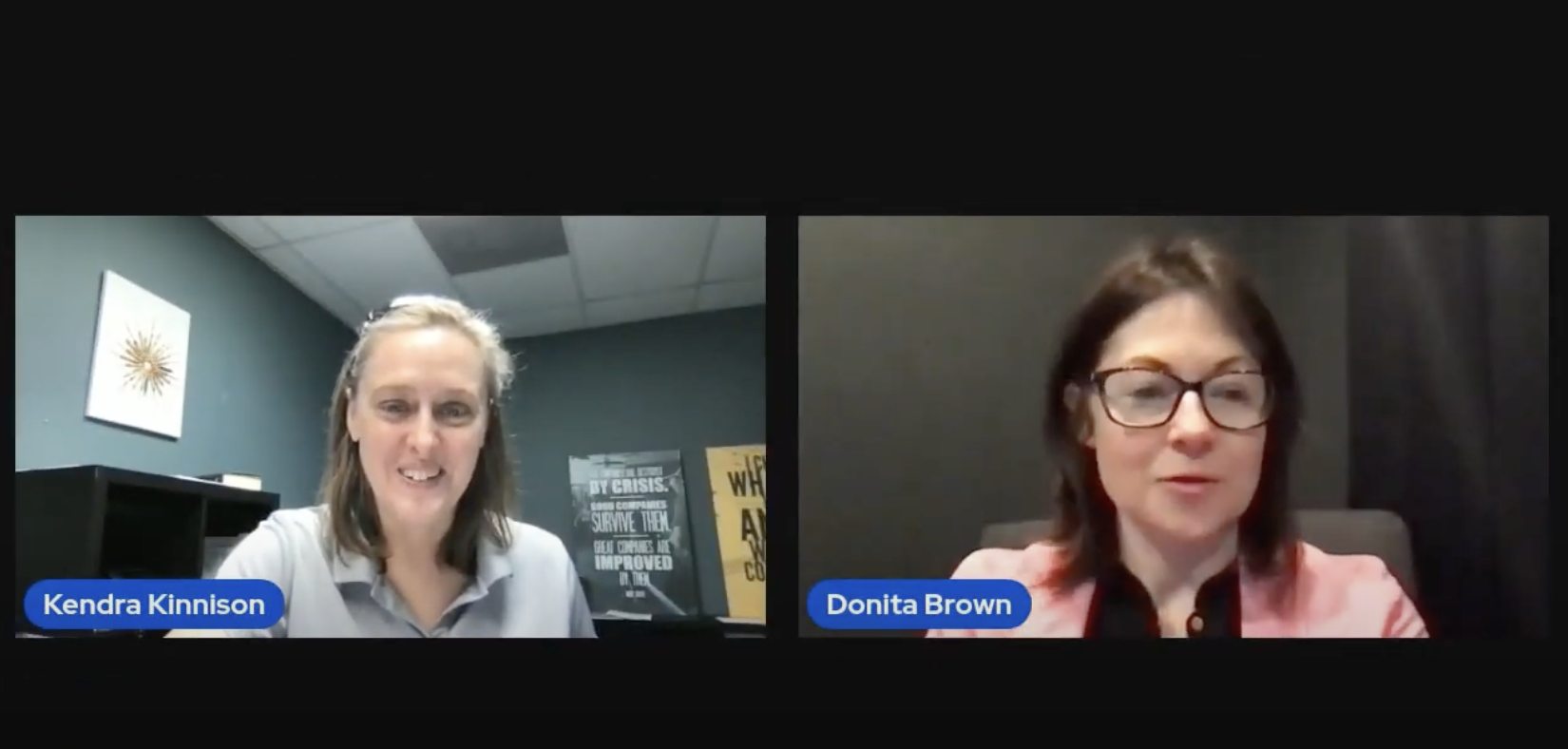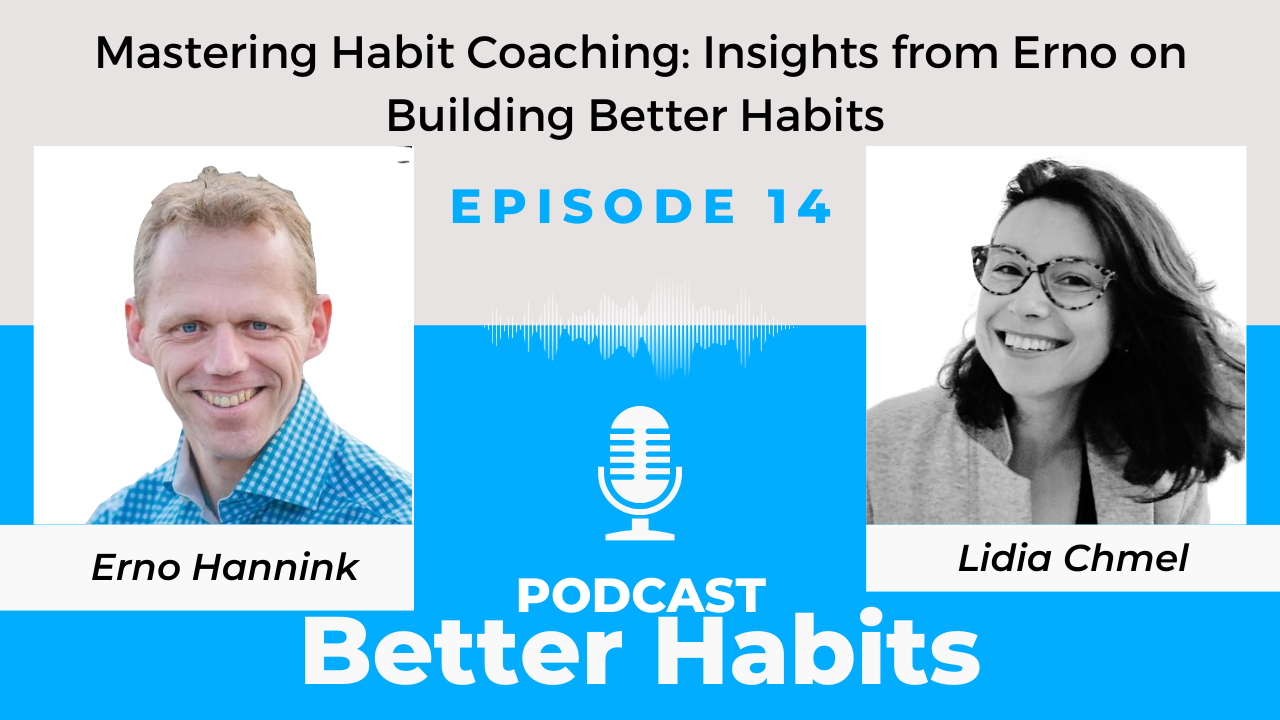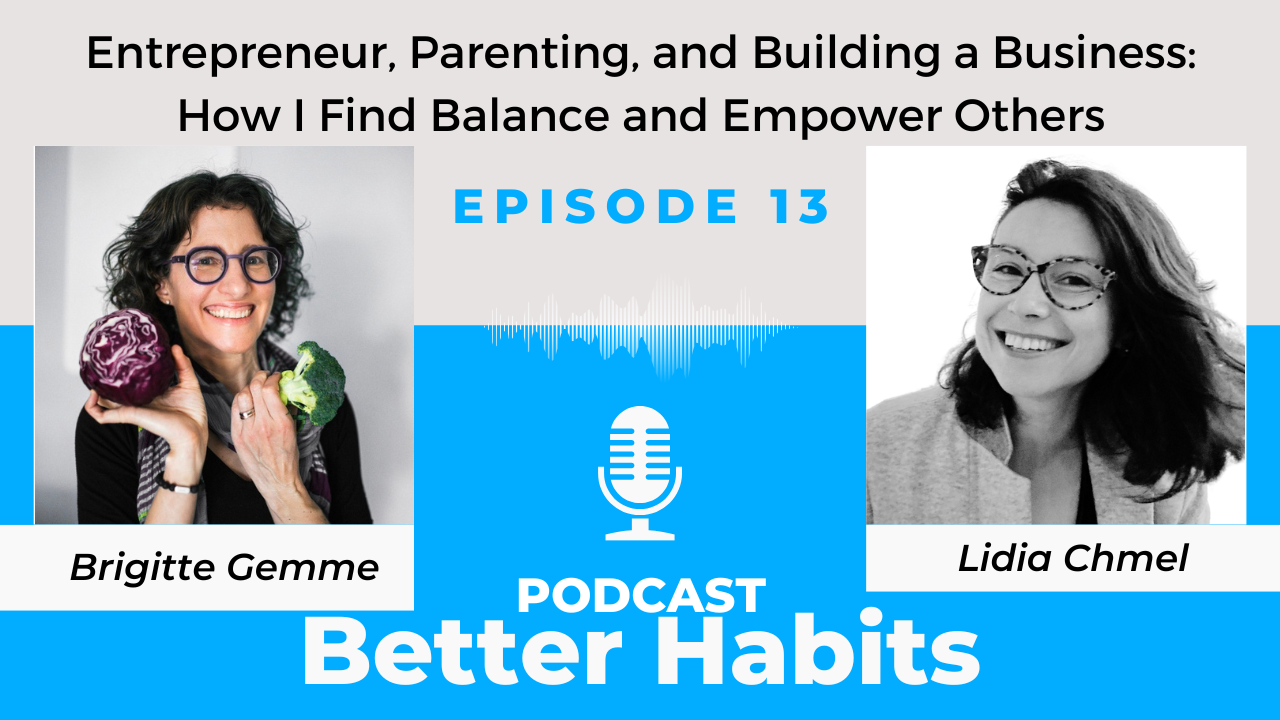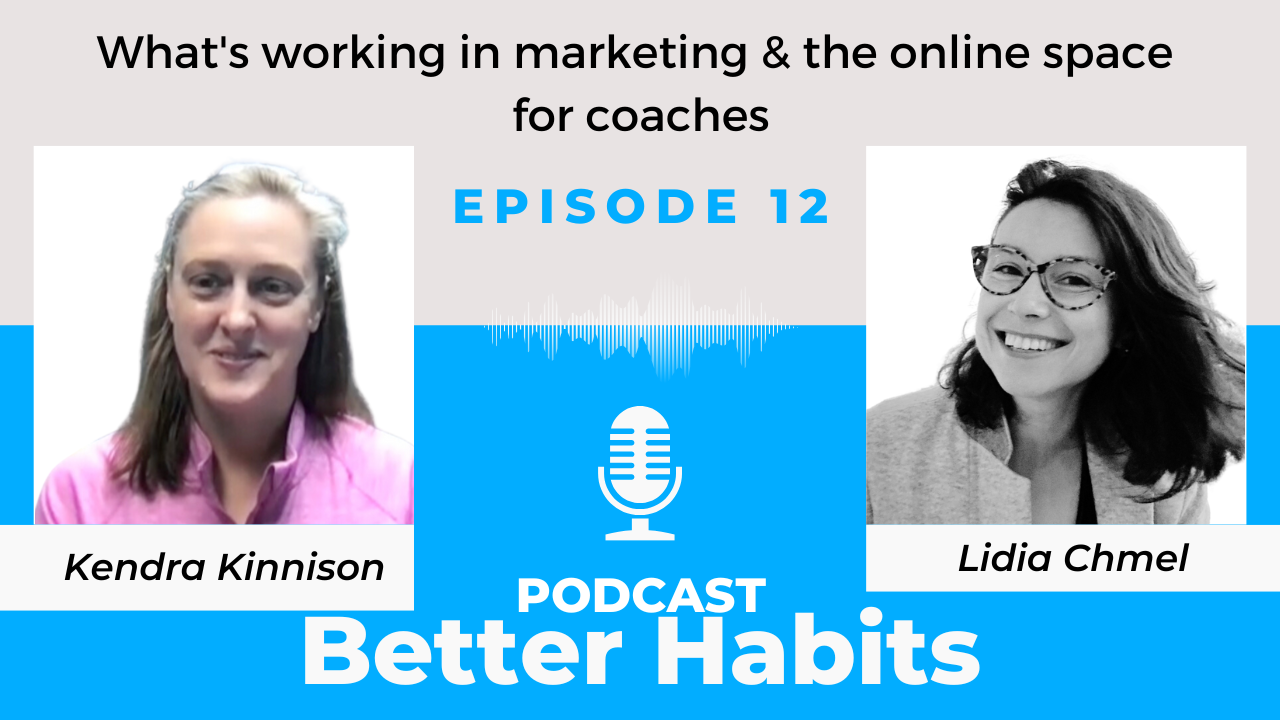Alexander Ruben is a former college athlete who’s spent the last year building his meditation habit on Coach.me. He and his brother created HIITAcademy from HomeHiitness, which offers free HIIT workouts and advice. He also coaches others on meditation and exercise on Coach.me
Ruben shared his training habits with us and offered some great advice!
How do you start your own day? Do you have any daily rituals or routines?
Once I wake up my routine is always the same and the entire process lasts around an hour. I get the coffee brewing and I cook breakfast right away. All the while I’m listening to a podcast. It’s either Tim Ferriss, Jordan Harbinger or Lewis Howes. I drink a cup of black coffee out of the same mug (Every year I’m a fan of a college football team that’s chosen at random. This season it’s Alabama) and I eat. Once the podcast is over I read Seth Godin’s Blog on Twitter and then I go meditate. I don’t set a time for meditation but it usually doesn’t last longer than 20 minutes.
This is a must everyday. I’ve found that this whole routine really helps me get prepared for whatever lies ahead of me.
What are your eating habits like? Do you follow any specific program of eating?
I currently love my eating habits, but it took a journey to get there. I used to be a college football player, so I had developed a habit of eating everything in sight. And for a long time it was quantity over quality. But once I was done playing sports it didn’t serve me to be over 200 lbs anymore, a weight that was supported by that particular eating habit.
I started using Morgan Spurlock’s “Supersize Me” as inspiration to try different diets, or new rules, for at least 30 days. It was a pretty enlightening experience. I would keep the usable lessons I picked up along the way, like the importance of green veggies, and drop other stuff that didn’t serve me, like eating past a certain hour or calorie counting. I began developing a better habit of eating quality foods through this method. It also helped me learn which foods have a certain effect on my body.
I’ve been tackling my habit of eating large quantities by taking my time to eat. I found that when I slow down I feel full without overdoing it. If possible, I eat while having a conversation with someone as it prevents me from inhaling my food.
Currently I’ve been doing the slow-carb diet championed in the “Four Hour Body” and I really enjoy it. But I’ll never let a diet get in the way of a new experience, like eating food that’s unique to a culture while I’m abroad.
There’s so much research being done and advice being published, how do you tell what’s real and what’s fake? How do you decide what’s relevant and what isn’t?
If the research is really scientific then it should be possible to replicate the results. I also have to ask myself if the advice or research is coming from a trustworthy, credible source. A person’s experience and track record will resolve, or confirm, any doubts that I may have about them and their advice. Lastly, I like to test things personally if I can. There is really no greater teacher than experience.
For me, something is relevant if it’s effective towards achieving a specific goal. For example, when I want to put on more muscle I know that bodybuilding is more relevant than yoga when it comes to training. Therefore, I’m more likely to focus on research that has to to do with bodybuilding. I’m a firm believer that specific goals will always have specific steps relevant to it’s achievement. Specificity makes it easier to say yes and no to things because you base it on how relevant they are to achieving an outcome. And the opposite also holds true as general goals tend have a broader sense of relevancy. If I want to exercise, there are tons of relevant choices to achieve that out come. But if I want to put on 10 pounds of lean muscle mass there are far less relevant choices.
Is there any current thinking about diet and fitness that needs to be challenged?
I don’t think so. I think we’re challenging a lot of older assumptions and learning a lot more about health and fitness. But whose to say that what we believe won’t change again in ten years.
Is there anything new you’ve started doing recently, or anything you’ve quit?
The most recent thing that I’ve been doing is high intensity interval training. I started this because I wanted to see what was least amount of time that I can spend exercising and still have great results. The workouts aren’t easy but they do get the job done.
How do you make adjustments to your workout? It’s hard to know what to do when you’re tired or having a bad workout.
One of the tools that I use is my heart rate monitor. It’s easy to gauge how my exercise is going because I’m getting feedback in real time. I also listen to my body. If something doesn’t feel right, like a muscle is tight or there is a pain somewhere, I’ll stop. There is no sense in pushing myself to the limit if it’s going to prevent me from exercising again.
When I feel tired and I’m having trouble starting a workout I’ll do what I’m good at and what I enjoy. For me, it’s getting a good pump. And to avoid having a string of bad workouts I’ve designated a day to getting that pump. I call it “Flex it Friday”. Even if I had a rough week, I always feel much better after I get it done and it often reminds me of what I’m working to keep.
Can you share some of the specific things you notice your top clients doing differently than the average client?
Commit to the swipe! I can’t stress this enough. By choosing to check in on the app they’ve committed to the habit formation. And it’s not only true in the Coach.me community. I have been working out for a long time and I’ve had the pleasure of training with some great people and talented, elite athletes along the way. I can say this: the people who consistently showed up to the gym, the track, the field or even their own special place in their house were the ones who saw the greatest improvements and the best results. Even if they did the smallest thing, it was better than not showing up at all.
Coach.me provides everything you need to improve performance in diet, fitness, productivity, and life. Try adding these habits to your dashboard:
- Hire Alexander to coach you on exercise or meditation.
- Slow Carb Diet from the 4-Hour Body: try this popular plan for losing weight and getting fit.
- The Mindful Eating Diet: explore ways to eat more mindfully and enjoy your food.

